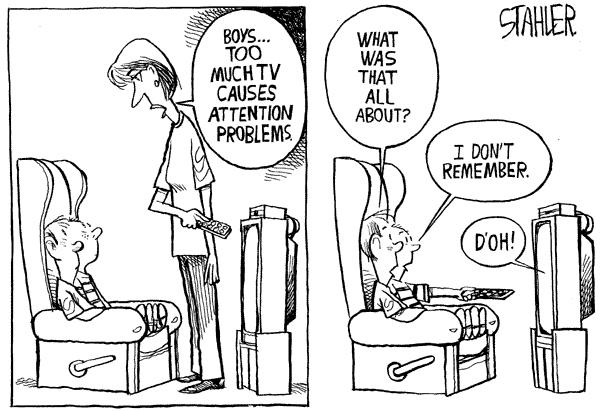
Convergent evidence suggests a link between cannabis use and psychosis. However, cannabis comprises a combination of cannabinoids and these different constituents may have distinct effects, not all of which are detrimental to mental health. the main component of smoked cannabis is D9-tetrahydrocannabinol (D9-THC), which is thought to be responsible for the majority of the psychotomimetic effects of the drug: it has been shown to elevate levels of anxiety and psychotic symptoms in healthy individuals. In contrast, cannabidiol (CBD), another major constituent of some strains of cannabis, has been found to be anxiolytic and to have antipsychotic properties, and may be neuroprotective in humans. the ratio of these two compounds in smoked cannabis varies – there are higher levels of D9-THC in ‘skunk’ or genetically modified strains of the plant. Cannabis users are often unaware of the ratio of CBD to D9-THC because CBD has no psychotomimetic effect in humans. Elevated levels of psychosis proneness and delusions have been found in people who use cannabis regularly. despite suggestions about the different psychological properties of these two constituents of smoked cannabis, no prior research has examined the link between psychosis proneness and delusions and the CBD/D9-THC ratio in those who use cannabis. This study aimed to use hair analytic techniques to examine levels of D9-THC and CBD, and relate these objective indices of cannabis use to measures of psychosis proneness and delusional thinking.
To view full report, please click here.
Copyright: the British Journal of Psychiatry